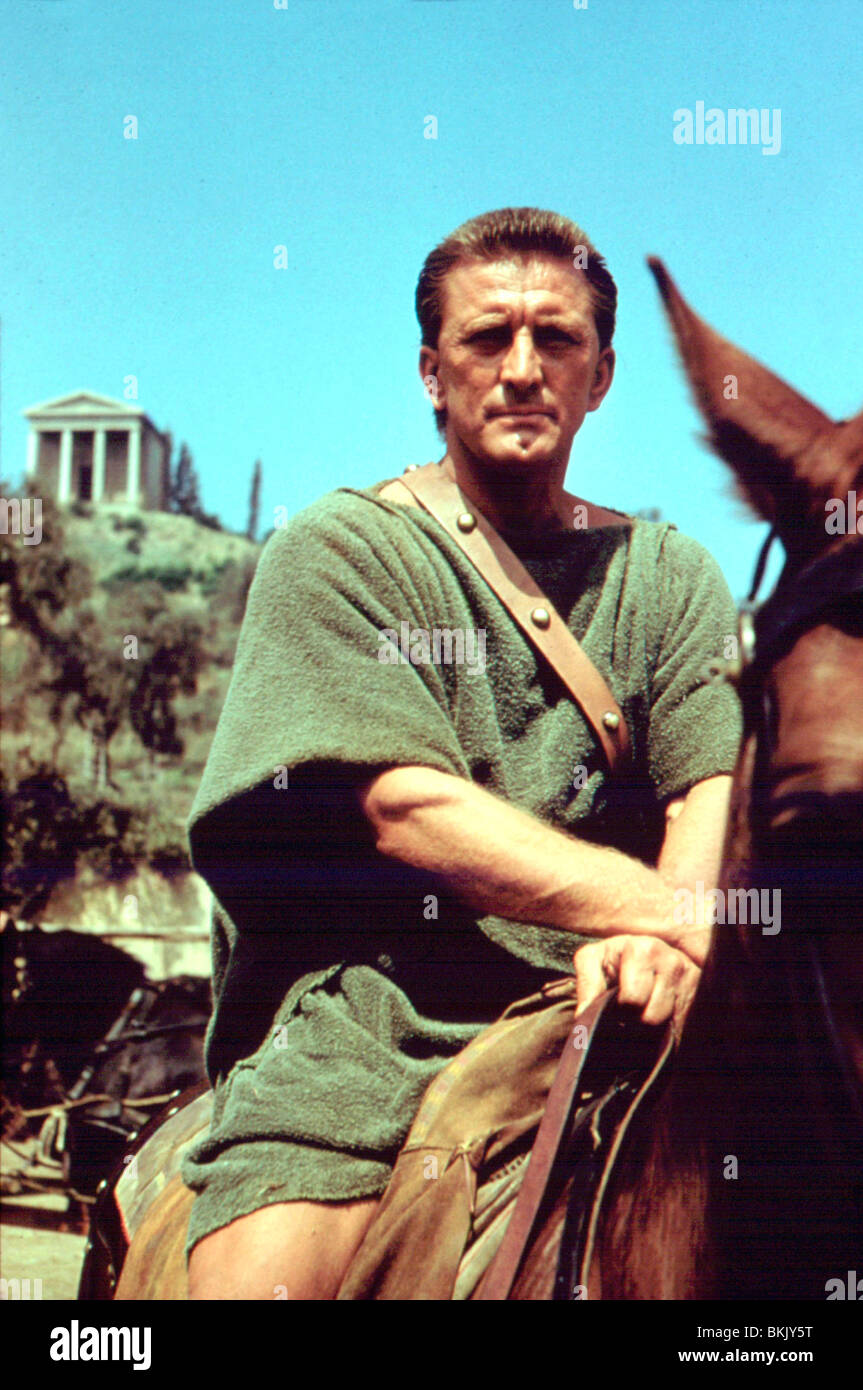
The Bad and the Beautiful is still one of the finest exposes of Hollywood hypocrisy, and here his double-breasted suits were set alongside a fierce snarl as he played a Hollywood producer who carelessly breaks others’ careers for his own gain. Growing up at a time when fathers still took their sons to see Westerns, I remember him playing Doc Holliday in Gunfight at the OK Corral. In Lust for Life, he dyed his beard ginger and became the foaming, unsettled Vincent van Gogh set amongst his strange palettes.

This week, he turned 100 – and, like he did at 90 when he appeared on stage to rapturous applause to receive a Lifetime Honourary Oscar, he probably shouted out to celebrate, “I am Spartacus!”Īlongside Olivia de Havilland, Kirk Douglas is probably the last of the stars from the Hollywood Golden Age, a time when studios were supreme and places like MGM boasted of their production lots having “more stars than in heaven”.

Kirk Douglas, hero immemorial, was that actor. Urchins in Beirut, youngsters in Moscow, recalcitrant youths in Hell’s Kitchen all of them yearned to be Spartacus – or, more precisely, the actor who played him in the 1960 Hollywood epic. I mention this story because for generations of kids from all over the world, the words “I am Spartacus!” were a rousing battle cry of right standing up against might, of showing solidarity in the face of brutality. The real Spartacus’s voice was drowned out by his men. “I am Spartacus!” he shouted, even though he was not. Then, in a show of courage for the ages, one of the wounded struggled to his feet. Only by giving him up could they be spared. When, as it always had to, Roman might had finally prevailed, and after Rome had viciously suppressed the slave revolt, the vengeful general Crassus demanded from a field of the wounded that they give up their leader so that he be crucified in front of them. They were prepared to take on the might of the Roman Empire just for him. Men poured out from the villages and the forests and the countryside to join him. Spartacus! The name itself became the stuff of legends. And the man who inspired them, who first made them believe in the possibility of reclaiming their freedom, was their leader, Spartacus. And men don’t seek a cowardly escape to the shadows – they claim their true and rightful freedom. With a growing sense of their self-worth, they realised they were men after all. Theirs became not merely a desperate fight to stay alive, nor even a frantic dash to the shores of Brandisium and thence to safety. But gradually, as their numbers swelled, so too did their ambitions. In the beginning they were little more than cornered rats, outcasts with a price on their heads. The rebellion of slaves had started out small, a ragtag group of bandits really, as they scrambled furtively from place to place under cover of darkness.


 0 kommentar(er)
0 kommentar(er)
